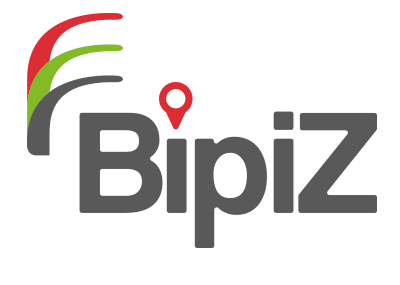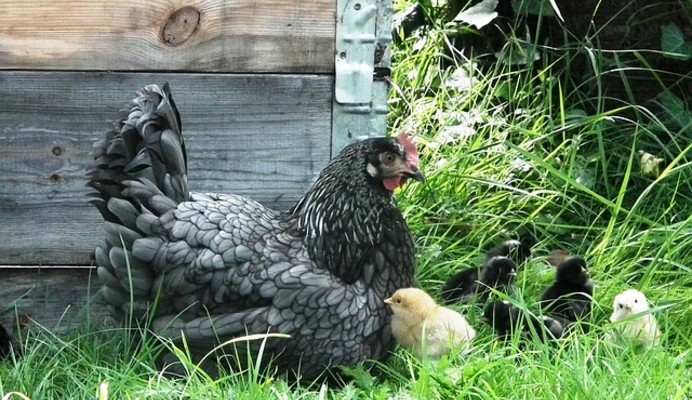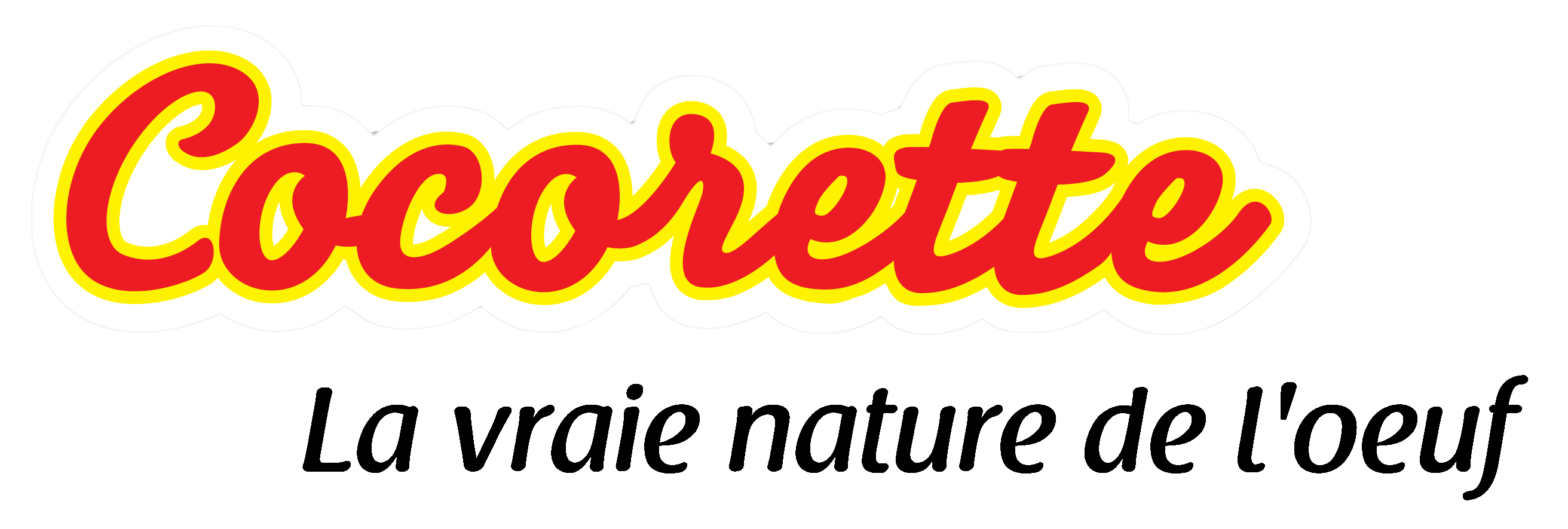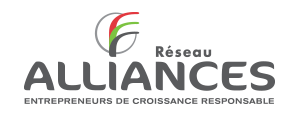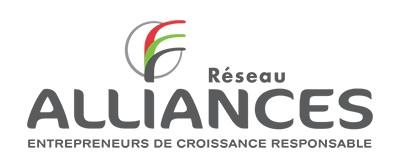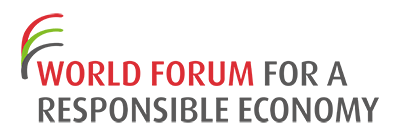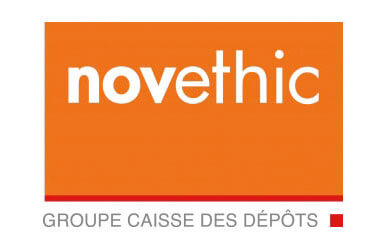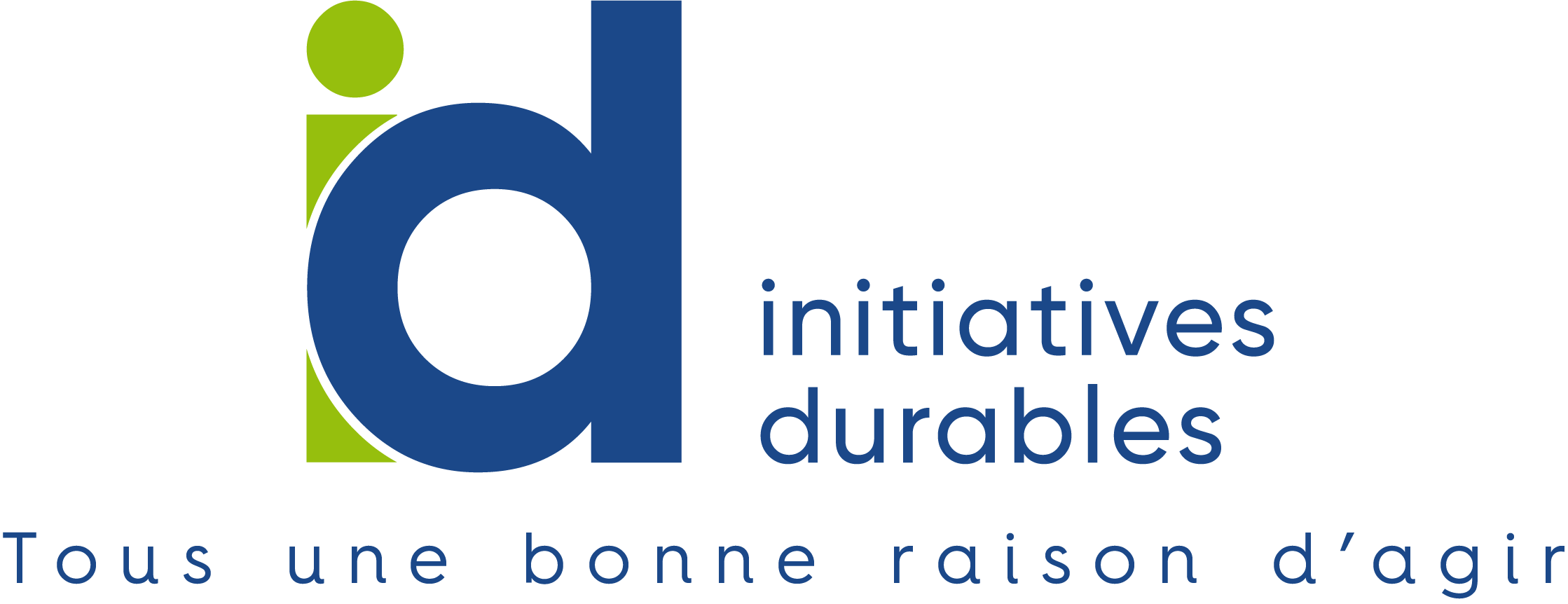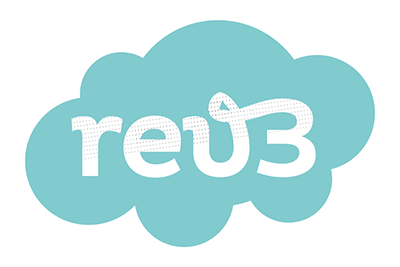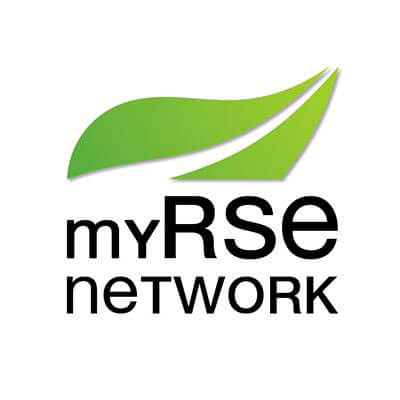In the 1980s, farm production was being industrialized. On the egg market, that meant battery farming (hens in small cages without any daylight, eggs laid on conveyor belts with continuous lighting to increase egg laying). When Charles and Lucienne Gluszack created Cocorette in 1983, they wanted to go back to the farm practices of yesteryear.
They offer the consumer high-quality farm-produced eggs. Today, Cocorette distributes Label Rouge farm eggs and organic eggs. Animal welfare and CSR criteria are at the heart of the company's development.
